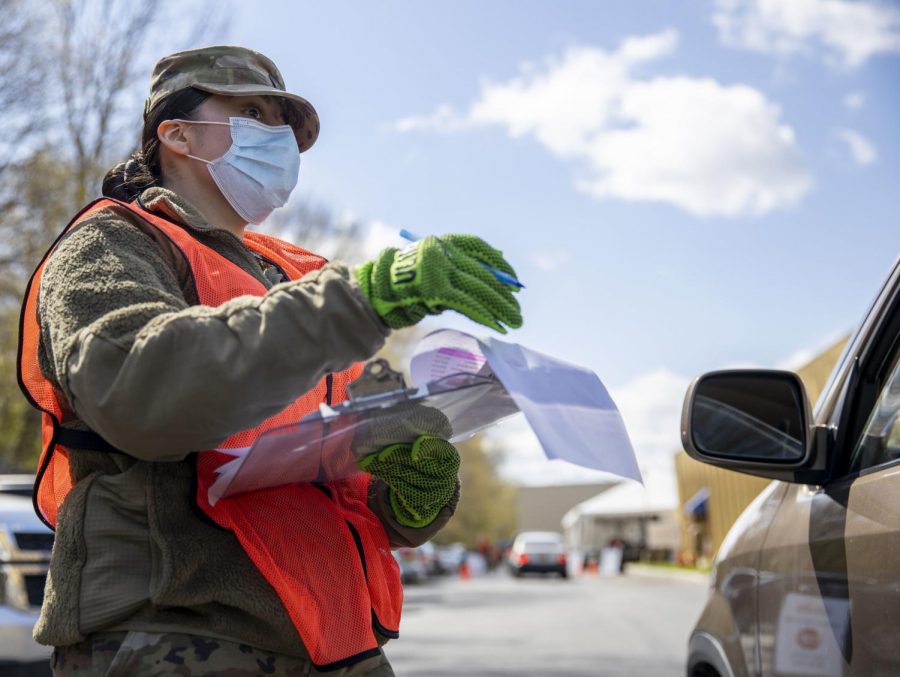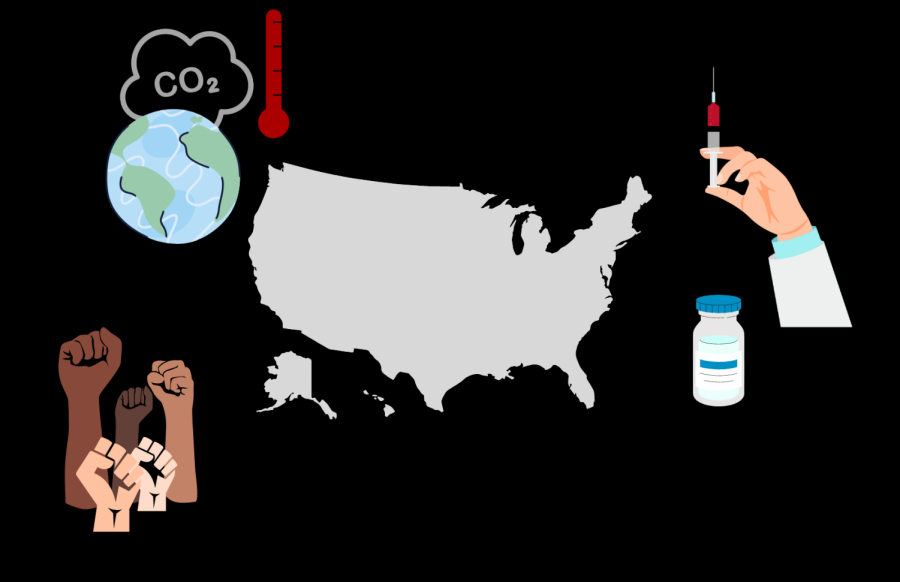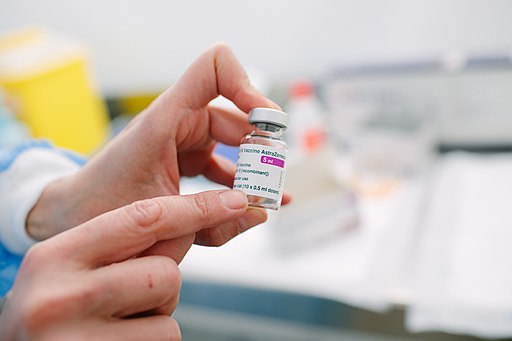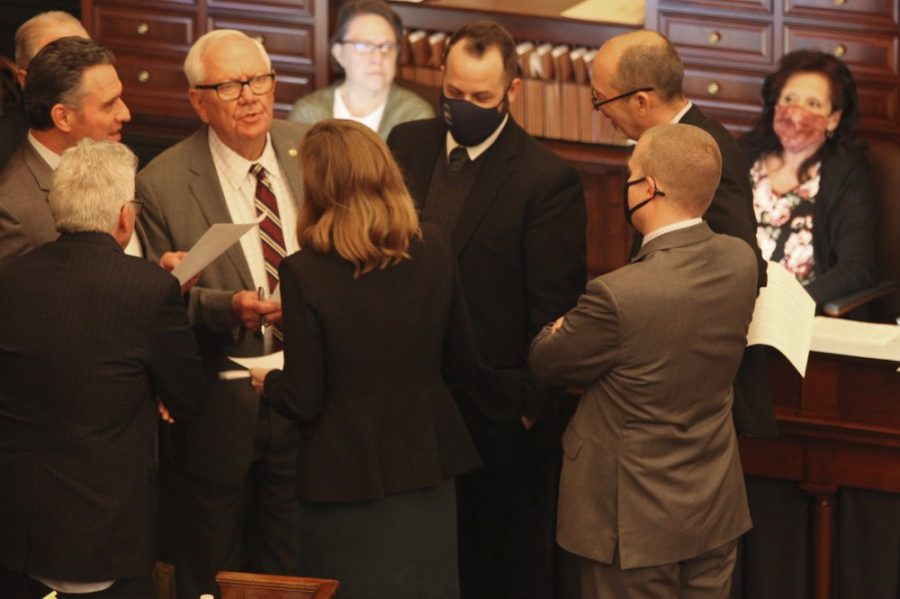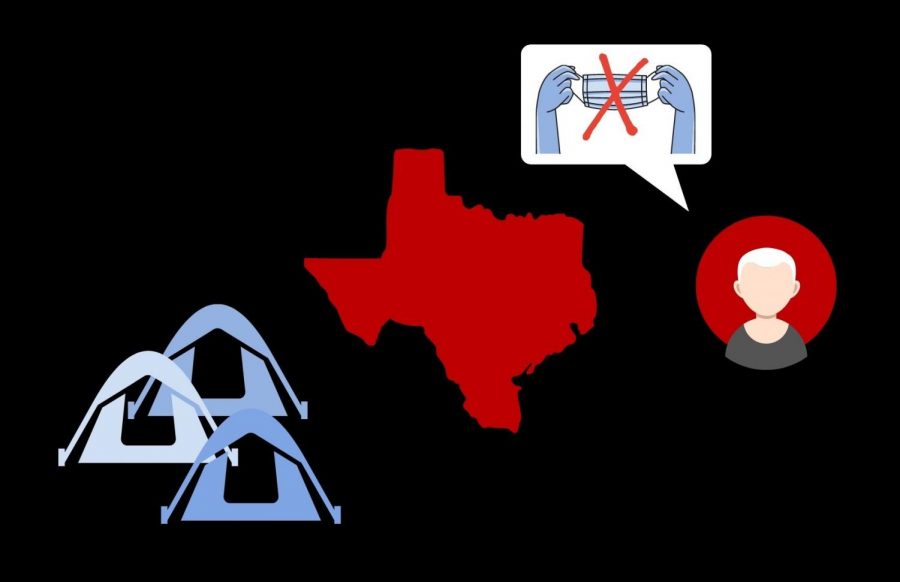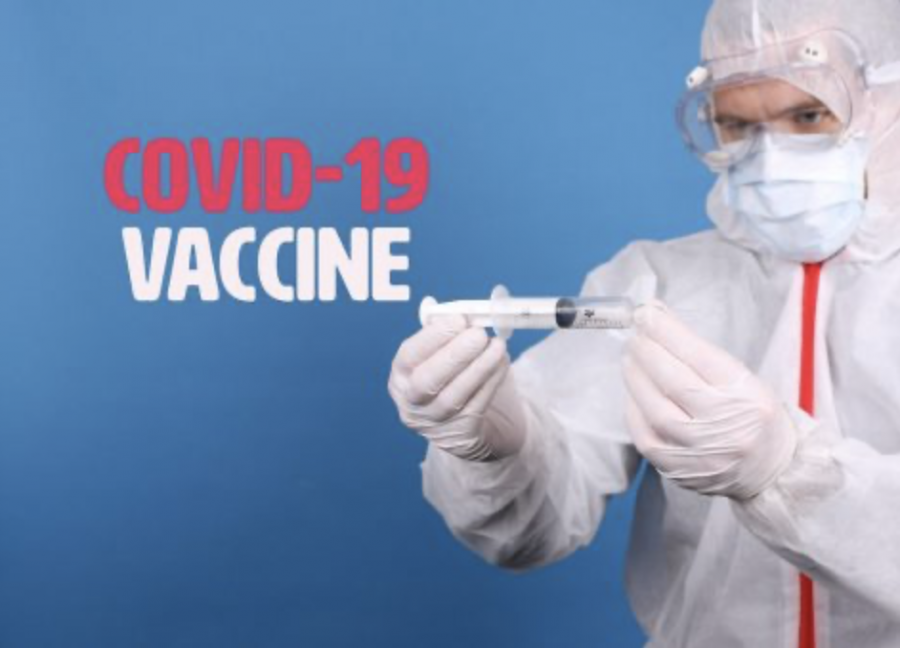The threat of COVID-19 continues to rise, even as the curve is beginning to flatten in some areas, the number of cases, lower than before, is still a lot. According to the New York Times, New York reported its fewest cases in the last month, and the lowest one-day death toll in two weeks, with 4,726 new cases, and 478 deaths on Monday.
In the past week, the U.S. has had an increase of over 25,000 new cases per day.
Contrary to the falling curve of cases in New York, other areas are beginning to see a rise in cases. On Sunday, Massachusetts reported 1,705 new cases, and 146 new deaths, bringing the totals to 38,077 cases and 1,706 deaths.
Other states have seen a surge in cases; in Ohio, 73% of inmates in the Marion Prison tested positive with COVID-19. Due to an aggressive testing program, 1,828 inmates, and 109 staff cases have been confirmed, adding to the total of 2,400 infected in the prison system. In total, the prison system now accounts for 20% of Ohio’s cases, which stand at 12,919, according to National Public Radio.
The aggressive testing program witnessed in Marion State Prison was crucial in tracking the spread of the virus and the person-to-person infection. The application of mass testing tested everyone, with or without symptoms, which revealed the many asymptomatic cases that would have otherwise gone unchecked.
“They are pulling off mass testing of their entire population inclusive of staff, which is something that no other state is doing,” said Jennifer Clayton, head of the health services for the Ohio Department of Rehabilitation and Corrections.
With the ongoing outbreak, officials worry that people may also be dying from the deprivation of desperately needed treatment.
“People still have heart attacks, and people are still having strokes,” said Dr. Bruce Lowell, in a statement to The New York Times.
Many hospitals hesitate to bring in other patients for fear they will be infected, and many people are scared to go even if they are very sick. Most operations or treatments that were deemed unessential were postponed, such as check-ups or elective surgeries. However, now doctors and patients alike are wondering how long procedures can be put off.
According to a recent survey conducted by the American Cancer Society’s Cancer Action Network, almost one in four cancer patients have reported delays in their medical care because of the Pandemic. They have been unable to access in-person appointments, surgery, or other services.
A sociology professor at Rutgers University died on April 16, at age 53, after not receiving enough blood transfusions to receive chemotherapy for a relapse of his blood cancer, multiple myeloma. He may not have been able to beat cancer in the long run, but his fight would have lasted longer with the treatment.
As the virus continues to claim thousands of lives in the U.S. daily, several states in the South began to move for reopening businesses. South Carolina allowed retail shops to open on Monday afternoon, and on Friday, Georgia will be allowed to return to the gym, salons, and other similar businesses. Tennessee’s stay-at-home order is now set to expire on April 30, allowing businesses to reopen.
The reopening of businesses in the three southern states comes after other governors, and health experts warned that the U.S. doesn’t possess sufficient testing to open businesses safely, according to The New York Times.
“We will do what we think is right to try and open the economy, but we need to do it very carefully, so we don’t get a lot of people killed,” said Mike Dewine, the governor of Ohio.

